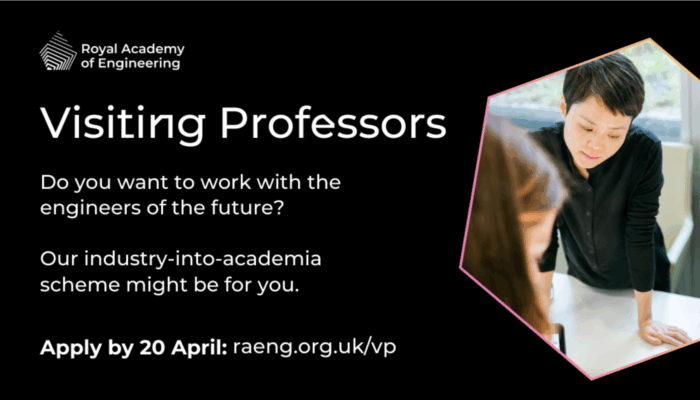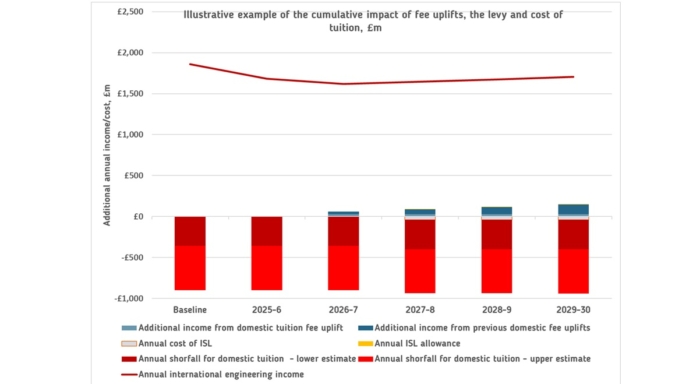Our “roving reporter” Professor Clive Neal-Sturgess reports from the International Conference held at UUK last week.
Well, the headline was that Europe is “back on the agenda” with the UK so heavily reliant on EU students and research money: there’s £1bn from Horizon 2020 available – a useful source for “non DTC universities”.
But that said, the 2020 funding pot represents a flat budget and it’s far more competitive with many more countries eligible and existing ones trying to increase their share and reports of EU universities “copying” the way UK universities do things. There was discussion of what might happen if the UK left the EU…
Thoughts then turned to Bologna and the model for Master’s degrees. There was of course much angst about this a couple of years back but it all went quiet…with the UK hostile to embedding a European dimension. There is now some confidence in the one year Master’s and this is now being modelled elsewhere in Europe (which is becoming a very crowded marketplace with over 30,000 Master degrees taught in English in the EU). As to the Diploma Supplement (DS), only 3 UK HEIs offer this and none the European Credit Transfer and Accumulation System (ECTS). Given the current parlous situation regarding funding of master’s degrees in the UK – will the market be left to decide the appropriate length of the degree – it’s certainly Willetts’ official position?
We then heard from the QAA which has launched its framework for cross border HE (trans-national education). We also heard from the University of Warwick, which, in common with many others across the sector has moved into delivering distance and joint programmes with overseas universities with partners of comparable standing. While there are opportunities here, we also heard about the challenges including managing diversities of culture, and the financial, reputational, legislation and operational risks involved in managing at a distance, particularly when there is a lack of conformity in degrees – especially at postgraduate level.
But the opportunities are there, and in a global skills-based economy, we have to overcome the challenges. We heard that UK and Scandinavia are “ahead of the game” in this. For the future, though, we will have to develop our competences in “internationalising curricula”, do better with language skills, involve business more in curriculum development and do something about our “inefficient and unfriendly” visa procedures.
Clive Neal-Sturgess




